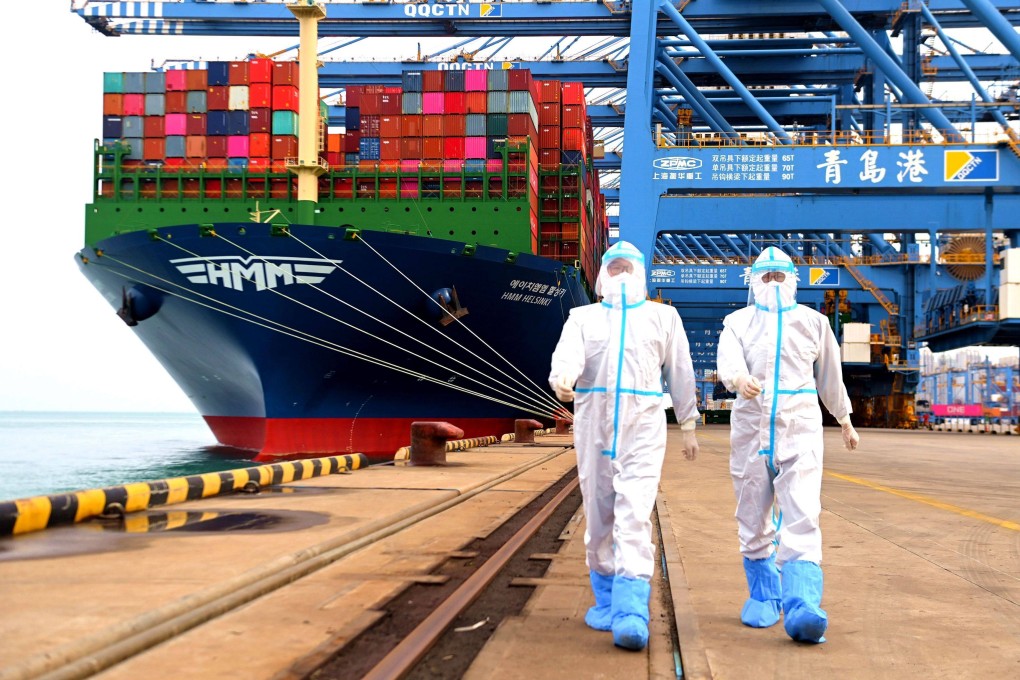Advertisement
The View | During the Covid-19 pandemic, trade has been a lifesaver. Here’s how it can continue to be a force for good
- Despite initial disruptions, ongoing export restrictions and supply-chain disruptions, trade has provided a lifeline in terms of food and medical supplies
- Trade can help us face the future, but this will require policies that deliver for people. And a reformed and revitalised WTO has a key role to play
Reading Time:4 minutes
Why you can trust SCMP

The only thing that is certain about the future is uncertainty. And that is true of the future of trade as well. Despite repeated prior warnings of a possible global pandemic, Covid-19 took the world by surprise. The impact on trade was swift and dramatic.
Advertisement
In the second quarter of 2020, when much of the world was under lockdown, the volume of global merchandise trade plunged 15 per cent year on year – the type of decline rarely seen outside wartime. But, by the first quarter of 2021, trade volumes had surpassed pre-pandemic levels and reached record highs.
Governments’ restraint in the use of protectionist trade measures, together with large-scale fiscal and monetary support, helped drive economic recovery. In October, the World Trade Organization raised its forecast for growth in global-merchandise trade in 2021 to 10.8 per cent – up from 8 per cent previously – and to 4.7 per cent in 2022.
During the pandemic, trade has been a force for good. Despite initial disruptions, some ongoing export restrictions and supply-chain disruptions, trade has provided a lifeline in terms of food and medical supplies.
In 2020, even as the overall value of global merchandise trade declined by 7.4 per cent, trade in medical goods increased 16 per cent, and trade in personal protective equipment nearly 50 per cent, while agricultural trade remained stable.
Supply chains helped ramp up production of urgently needed goods, so that previously scarce and expensive protective face masks, for example, became abundant and affordable. Quite simply, trade saved lives.

Advertisement

